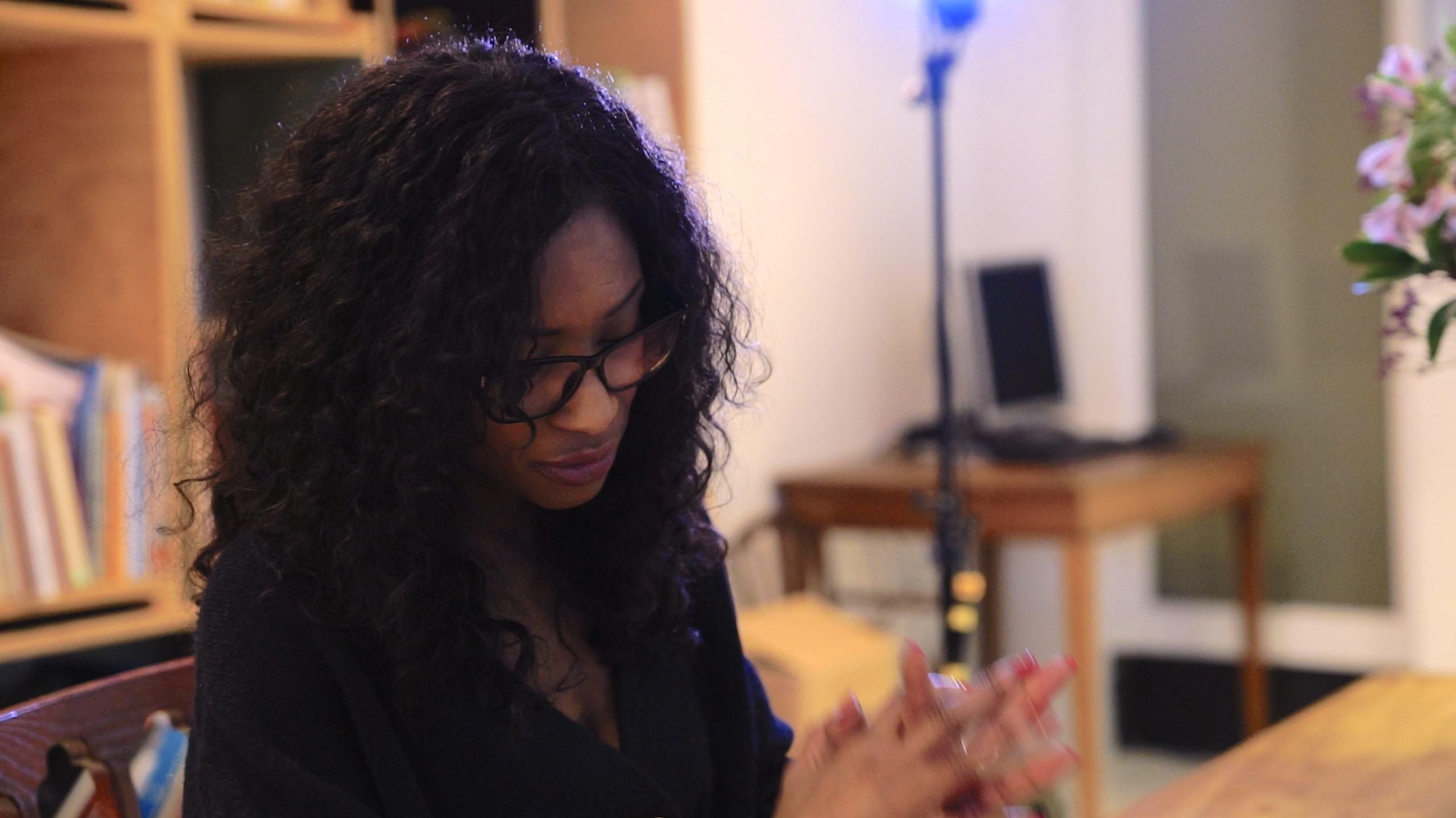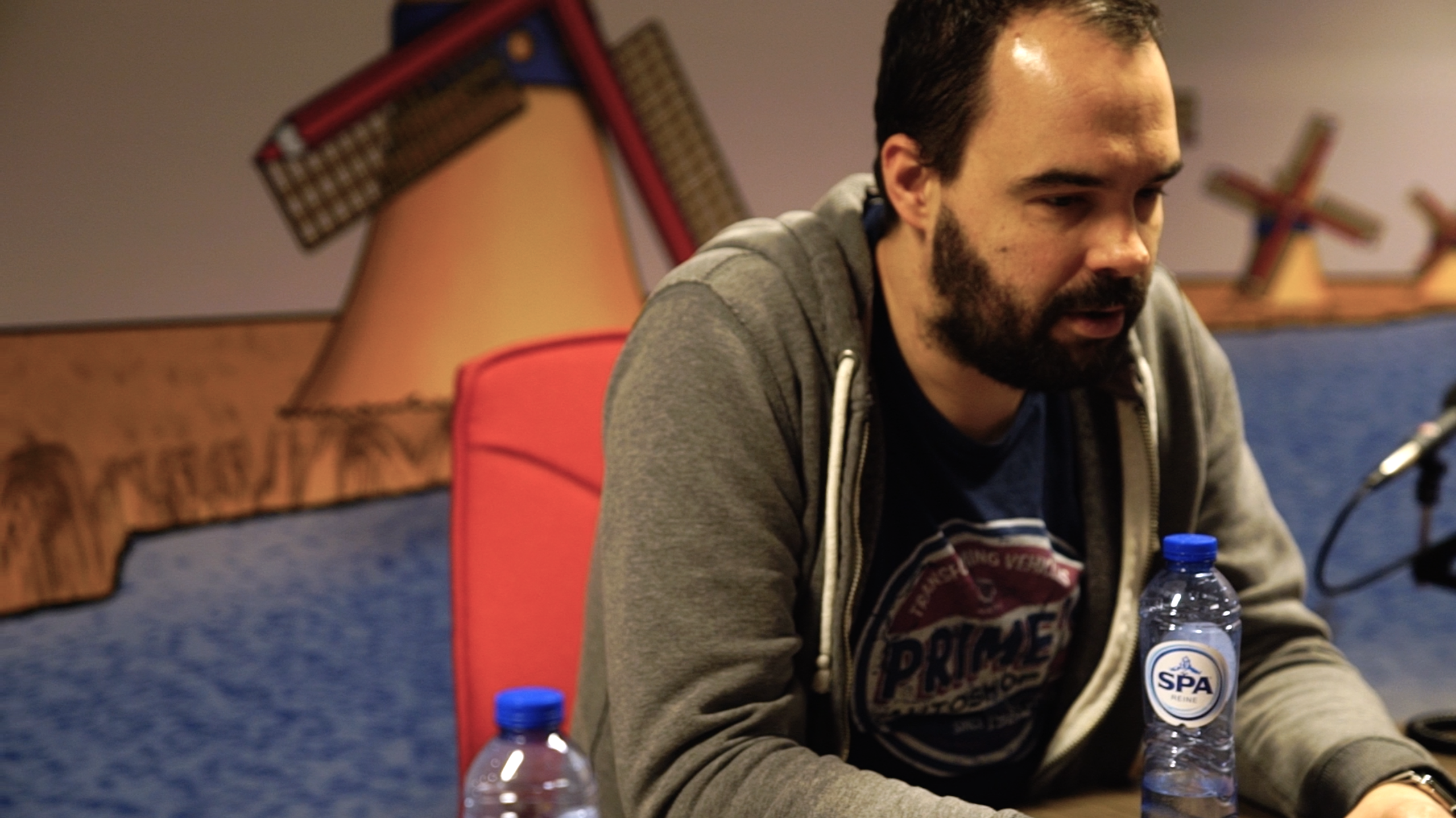2017
Single-channel video
35:23min running time, colour, sound
The Dutch Window refers to the cultural tradition in The Netherlands of having open and un-curtained front windows, thus exposing one’s interiors for all to see. This unique act has amassed theoretical speculation, centered on the Dutch ideal of having nothing to hide. The borders of the private become intimately blurred with the public, separating the outside from the inside, and uniting the two through reflection. Cheung uses the window as a metaphor for the ideology of liberal transparency and openness in Dutch politics.
At the heart of the film is a discussion around the Dutch voting system of Proportional Representation, with a focus upon the new fringe parties which ran in this year’s electoral race. As noted by the Dutch political scientist Prof. Tom van der Meer, The Dutch system is highly proportional which is radical in its principle of when people vote. The consequence there is that if there is distrust in society, that distrust gets reflected in parliament quite directly, quite easily… so parliament has a chance to cleanse itself, to give people a voice, to canonise distrust in parliament. In the end that is better for democracy.
Since the Proportional Representation system was implemented in 1918, no party has ever approached the seats needed for an outright majority, therefore the Dutch parties have consistently worked together to form coalitions, in order to best represent the values for all Dutch people in all its liberal and illiberal shades.
"What does it mean to open the curtains, to expose the interior, as the Dutch are known to do? The interplay of relations through windows works in many directions, as a fragile border between the exterior and the interior, as a reflection of both ‘us’ and ‘them’, and as a device to exhibit a lifestyle (with nothing to hide).
What can politics learn from the architectural frame and its noteworthy weaknesses? What possibility is there of building a socio-political system that acknowledges its own weaknesses as valuable and meaningful parts of the construction? it is these very weaknesses that give us perspective and insight when we need them – the window uncovered or left open; the crack in the ceiling that signals the roof is about to cave." - Marianna Maruyama, April 2017
This project was kindly supported by CBK Rotterdam, Anni und Heinrich Sussmann Foundation, Fonds Kwadraat, Arts Council England, Esmée Fairbairn Foundation and Grand Union Gallery.
Interviews conducted with Morgan Quaintance
With special thanks to:
Artikel1 - Sylvana Simons, Party Leader
D66 - MP Jan Paternotte
GeenPeil - Bart Nijman, Chairman
Pirate Partij - Ancilla van de Leest, Party Leader
Wij Zijn Hier - Yoonis Osman Nuur, Spokesperson
Universiteit van Amsterdam - Professor Tom van der Meer, Political Scientist & Co-Director of the Dutch Parliamentary Electoral Study






